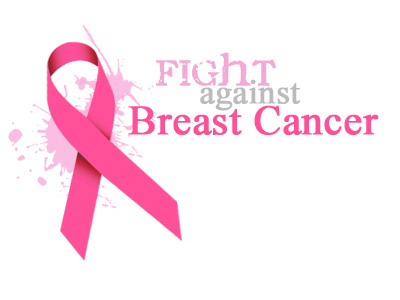
By ddouda, Mayo Clinic.org, for SouthFloridaReporter.com, Oct. 21, 2015 – The American Cancer Society (ACS) has updated its recommendations for breast cancer screening for women at average risk of the disease. The recommendations strongly support the value of mammograms and provide some further direction for women at both ends of the age spectrum.
Breast Cancer is the most common cancer among women and the second deadliest cancer for women, surpassed only by lung cancer. More than 230,000 women in the United States are expected to be diagnosed with breast cancer this year.
The new guidelines were just released in JAMA (Journal of the American Medical Association). Among the key updates by age:
- 40-44 Should have opportunity for annual mammograms
- 45+ Strongly recommend regular mammogram screening
- 45-54 Annual mammogram screening
- 55+ Mammograms every two years/annual opportunity
- 70+ Mammograms for those in good health
“That was probably the most important take-home message,” says Sandhya Pruthi, M.D., a Breast Clinic physician and Mayo Clinic Cancer Center researcher. “The benefit of mammography has been shown to reduce death from breast cancer and women who are screened do get that benefit.”
Dr. Pruthi says, “So, we have been recommending for years that women in their forties be screened annually with mammogram. So, it’s nice to have the American Cancer Society support what we’ve been telling patients at Mayo Clinic.”
Dr. Pruthi does say she was surprised, however, that the ACS no longer recommends clinical breast exams by physicians for women of average risk. “I think that’s a little unfortunate, because I think there’s always an opportunity where the doctor may feel something that’s a little different on a clinical breast exam and a mammogram may not see it,” she says. “Because we know that mammograms still may have a difficult interpretation, especially in dense breast tissue.”












